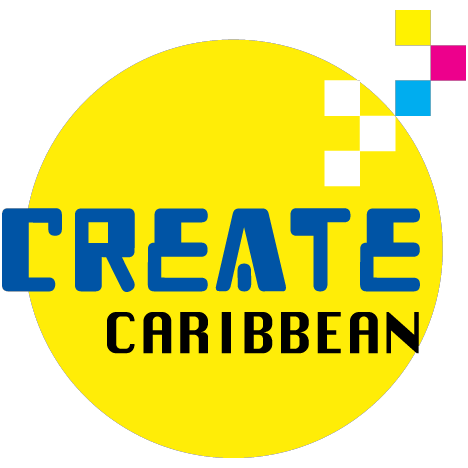Resistance and Caribbean Reality, as a topic, can be interpreted in many different ways. Even if it is narrowed down to subtopics, such as education, there are still a lot of perceptions and views to address. After completing assignments and beginning research for this project, I have come across numerous adversities and few strides.
I faced many downfalls while doing this project and still face them now. Finding sources that provide the desired information was probably the most difficult. There is a heavy amount of information to search through in order to obtain the most satisfying source, however with the help of technology and continuously advancing search tools, the only challenge to the task is choosing out of the options. Then just when I thought things would be simple after that, other challenge arises. With all the information I need and its relevancy to other topics like art, and the many different forms of resistance to analyze, staying on topic is tough. Considering the fact that this project will have an audience, it is important to ensure that I thoroughly analyze the information and bring the point across clearly. This can be difficult since I must come up with ways to make the project interactive and comprehensive.
On the bright side, my ideas are coming to life in ways I could not imagine. The project is becoming clearer every time I go further into my research. I get to make use of free digital tools that allow diversity in the display of the information. I also get a chance to improve my collaborative skills. I work with people I never worked with before so I learn to keep an open mind whenever ideas are shared and criticism is given. I believe it is all for the better.
I am thankful for the challenges because I know it will be worth it in the end. I look forward to seeing the outcome and completing this project with my team. I am also eager to get to the stage of really understanding Resistance and Caribbean Reality since it is an interesting topic that is important to the youth of Dominica and the Caribbean on a whole.
